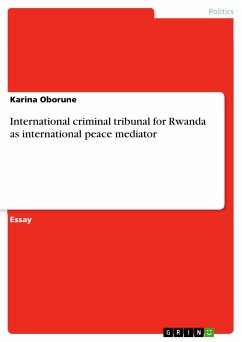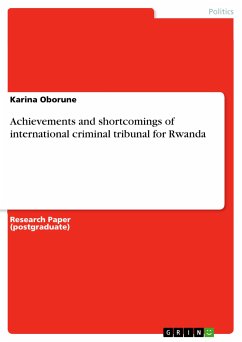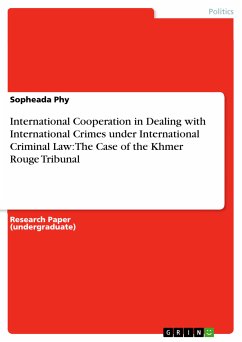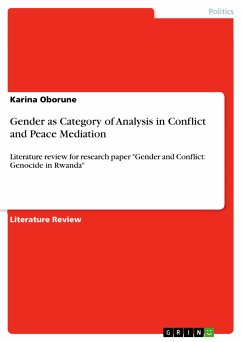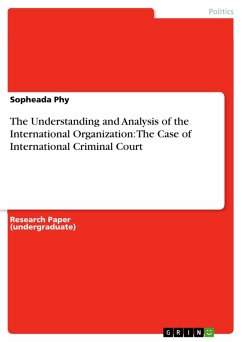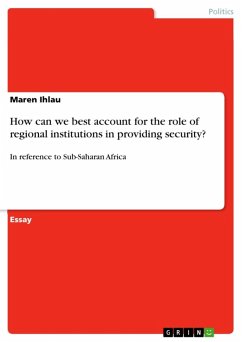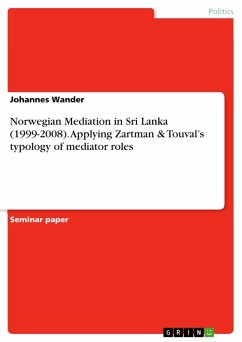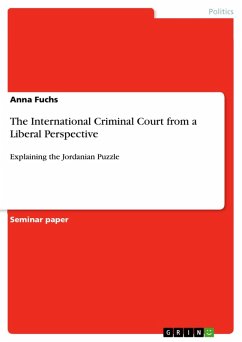In the last fifteen years performance of mediators in the circumstances of lack of specialized training and background information has proved that UN ad hoc quality is too dependent on "trial and error" (UNSC, 2009: 15). The case of ethno-political conflict in Rwanda (Baechler, 1998: 26) and performance of International Criminal Tribunal for Rwanda (ICTR) is one of such examples. UN Security Council Resolution 955 (UNSC, 1994: 1) as an aim set to achieve reconciliation and maintenance of peace. Unfortunately this aim has not been achieved: many people do not know about ICTR and those who know do not evaluate ICTR as successive in reconciliation. Only 36 per cent of Rwandans see any reconciliation (Cobban, 2006: 22-28). Moreover, over 80 per cent of Rwandans know little or nothing about the work of the ICTR (Sisson, 2006: 9). Author of this essay has chosen to deal with a comprehensive task to evaluate ICTR as a mediator. In this case ICTR is international, completely independent ,outside' mediator (Swisspeace/CSS, 2009: 3). Author has emphasized following five weaknesses of ICTR: lack of protection, lack of material support, lack of psychological support, lack of gender-perspective and need for education programmes. In the final part author drafted questions which should be asked by mediator.
Dieser Download kann aus rechtlichen Gründen nur mit Rechnungsadresse in A, B, BG, CY, CZ, D, DK, EW, E, FIN, F, GR, HR, H, IRL, I, LT, L, LR, M, NL, PL, P, R, S, SLO, SK ausgeliefert werden.

